When Gary Cunningham started his role as president and CEO of Meda in 2014, he asked himself a big question: How can we create exponential change?
Meda is already a changemaker in the Twin Cities helping entrepreneurs of color by providing business consulting, access to capital and market opportunities. Since its inception in 1971, it has helped more than 20,000 entrepreneurs and assisted in the start-up of more than 550 businesses. “The average business last year that came to Meda increased their revenue by about 50 percent. We’re an accelerator, we know how to take you and move you to the next level,” said Cunningham.
One of Cunningham’s first priority tasks was to begin a deep analysis of the ecosystem of entrepreneurs of color. In Minnesota, entrepreneurs of color grew by 53 percent from 2007 to 2012—of that group Meda estimated only 10 to 15 percent had growth potential.
To better understand the issue, Meda partnered with Accenture in Minneapolis and found that entrepreneurs of color and white entrepreneurs are in different marketplaces. Entrepreneurs of color often have significantly less access to products and services than those available to white entrepreneurs. Overall, it was clear that the marketplace for entrepreneurs of color was a very fragmented system and access to capital was limited – stifling growth.
Cunningham was concerned that Meda’s model didn’t fit the scope of the challenge. He set out to change the model recognizing that increasing entrepreneurs of color is one of the main ways to address economic inequalities by race and change the trajectory of communities. “If we’re going to continue to grow businesses of scale, we’ve got to have a pipeline that we can actually build that has products and services on each stage of the life cycle,” said Cunningham.
Collaboration is Key
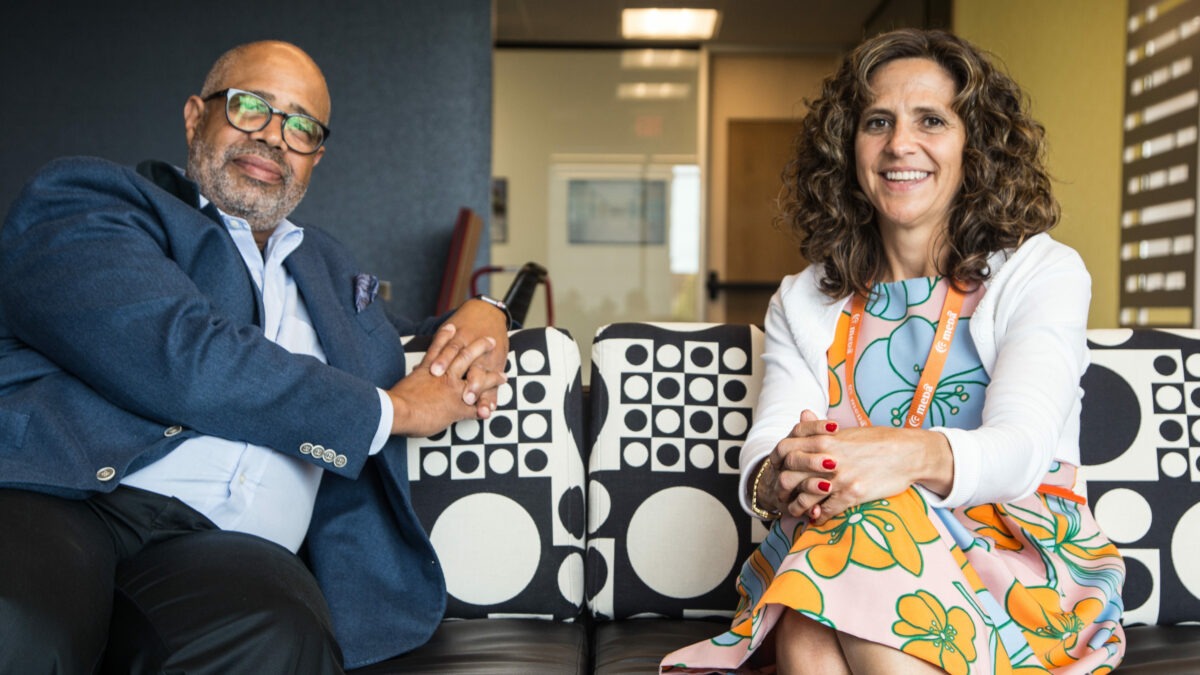

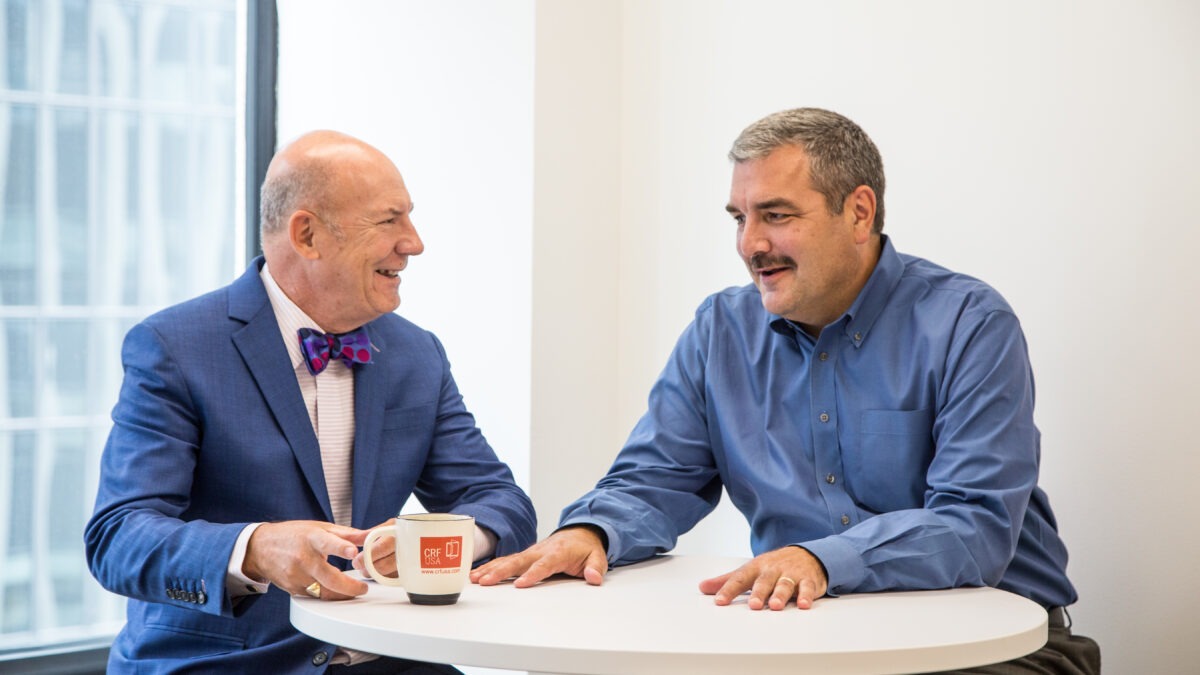
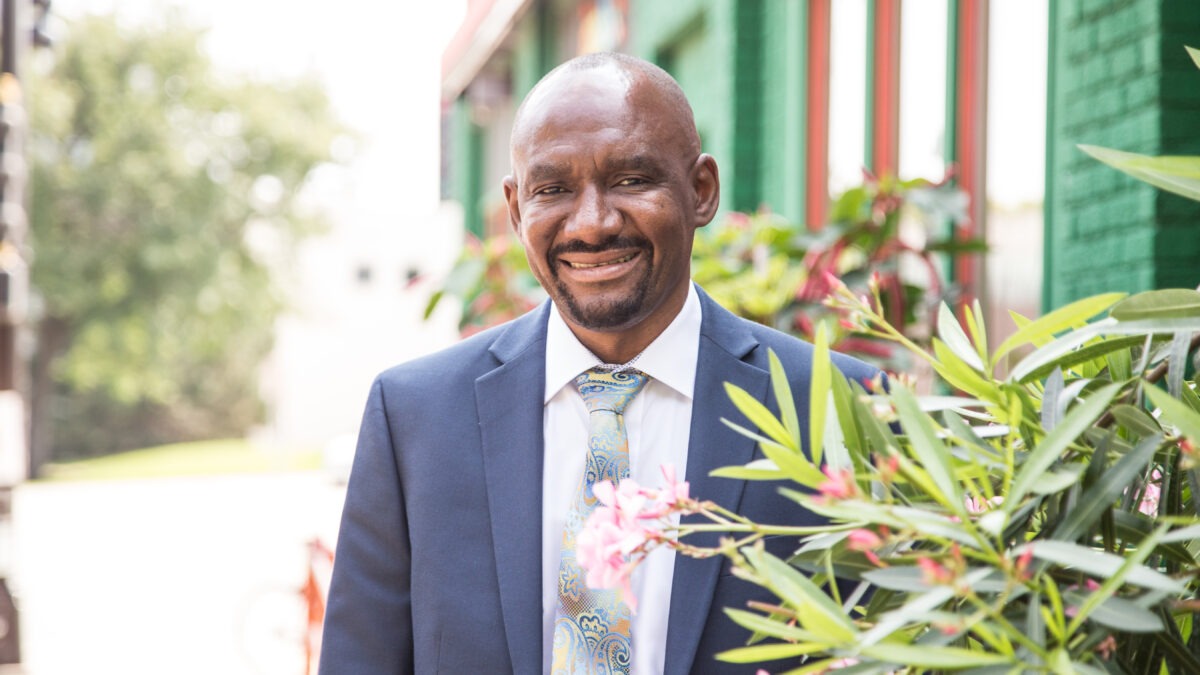
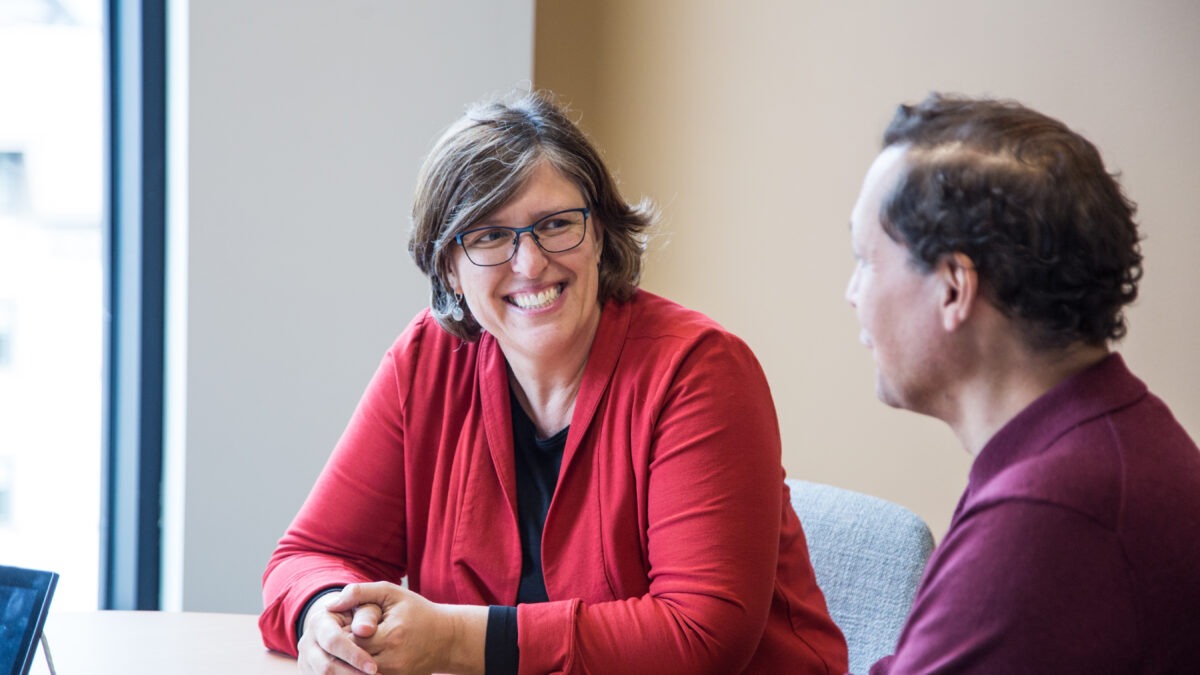

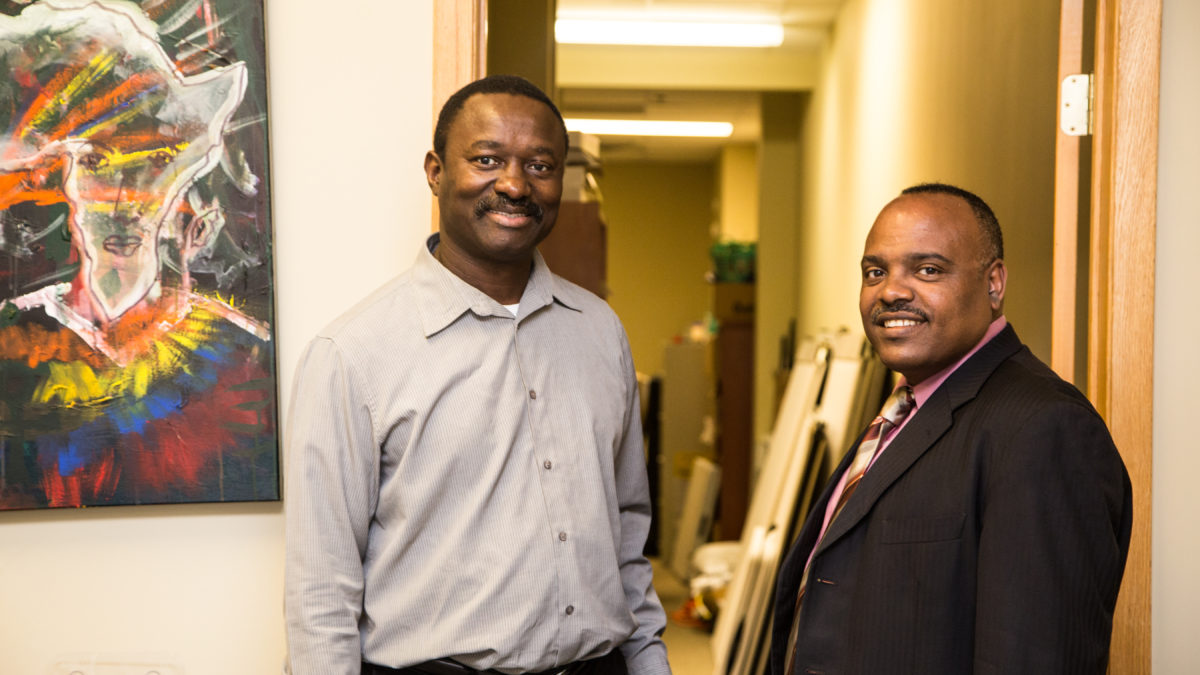
Collaboration was key to building the pipeline. To create exponential change, Meda saw a need to structure an ecosystem of organizations serving entrepreneurs of color. From this idea, the Catalyst program was formed, which is a partnership between Meda and six minority business development organizations in the Twin Cities. While the organizations previously partnered at some level, there was not a coordinated system. There was a crucial need to collaborate in order to serve a broader group of minority entrepreneurs
To advance this work, Meda received a $500,000 grant from the W.K. Kellogg Foundation to assist in the development of an online platform for the Catalyst partnership. Through the platform, partner organizations will utilize a shared intake assessment and referral system and clients can access training, educational tools and online financing options. The online platform is expected to launch in early 2019. “What we’re talking about is revolutionizing how we deliver services to the community,” said Cunningham.
The platform will act as the front door for businesses owned by people of color seeking education, training, technical assistance and access to capital. Once the intake assessment is completed, business owners will be connected to culturally relevant services and service providers will have a clear understanding of the level of support and capital business owners need.
Efficiencies created by the online platform are expected to result in higher quality services to a larger group of clients. Another major benefit of the platform is a matchmaking service. The platform will provide a transparent one-stop system with a directory of high quality entrepreneurs of color. “Many majority firms want to do business with minority firms but they don’t know where to go. Many consumers want to do business with minority firms, but they don’t know where to go,” said Cunningham. “We want to take that excuse away.”
As a result of the platform, organizations serving entrepreneurs of color will have more impact—they will be able to serve more minority-owned businesses and maximize the amount of capital helping the small business ecosystem. Minnesota’s larger business community will also see an increase of jobs and higher wages.
We’re going to exponentially change the trajectory of minority business development in Minnesota and the country.
Gary Cunningham, former president and CEO of Meda Tweet
Meet the Catalyst Partners
Mission: The African Development Center (ADC) has been around for almost 15 years and is now a statewide Community Development Financial Institution. ADC grows businesses, builds wealth and increases reinvestment in the African communities of Minnesota.
Partnership Impact: Catalyst will address the technological advancement this industry has been seeking and will reduce a scarcity of resources across organizations.
“I think there’s a lot of entrepreneurs that we touch, and there’s a lot more that we don’t. That’s ADC and everybody within the Catalyst ecosystem. I believe there are way more, 30,000 to 50,000 that we can easily increase in terms of actually touching them, so this platform, I’m hoping, is going to help us to accelerate access to the entrepreneurs that we cannot touch,” said Nasibu Sareva, executive director of the African Development Center.
Mission: Asian Economic Development Association (AEDA) increases economic opportunities for low-income Asian Americans in the Twin Cities. Programs are designed to help lift people out of poverty and achieve economic stability.
Partnership Impact: Catalyst will enable AEDA to work with like-minded organizations to create more vibrant neighborhoods in Minneapolis and St. Paul.
Mission: African Economic Development Solutions (AEDS) serves African immigrants in the Twin Cities through entrepreneur promotion and training, small business technical assistance, micro-lending, financial and homeownership education and creative placemaking through its Little Africa Business and Cultural district.
Partnership Impact: Catalyst will streamline the application process. When clients come to AEDS, staff will already know the amount of education, technical assistance and capital they need. This reduces a waste in resources and creates space for the organization to focus on its main goal: building wealth within African immigrant communities through economic development activities.
“The platform will attract more funding collectively because collectively the impact is bigger,” said Gene Gegelu, executive director of African Economic Development Solutions.
Mission: The Northside Economic Opportunity Network (NEON) works with low-to-moderate income entrepreneurs on the Northside of Minneapolis to build wealth by educating small businesses through a series of workshops and programs to assist them in scaling their business model. NEON also offers opportunities for entrepreneurs to test ideas in the marketplace. This the chance for businesses to identify their customers and assess if their idea will actually work.
Partnership Impact: Catalyst will provide their entrepreneurial clients with a new opportunity to access a network of resources at one source and be directed to the appropriate organizations for technical assistance.
“What NEON does is act as the liaison to be able to connect [entrepreneurs] to opportunities that they might not have had access to before,” said Erin Jordan, vice president of organizational development and communications at NEON.
Mission: Latino Economic Development Center (LEDC) expands business opportunities to low- and moderate-income Latinos in the state of Minnesota.
Partnership Impact: Catalyst will provide resources to more Latino entrepreneurs across Minnesota.
“Catalyst gives us greater access to the technology and other resources needed to better support Latino entrepreneurs and business owners in the Twin Cities and Greater Minnesota,” said Christina Jennings, board member of LEDC.
Mission: Community Reinvestment Fund (CRF) helps people strengthen their communities by supporting the creation of small businesses, particularly businesses owned by women, people of color and veterans. The organization has funded more than $2.4 billion in loans in almost 1,000 communities throughout the United States.
Partnership Impact: Catalyst will bring together all of the major organizations in Minnesota focused on lending to minority-owned businesses to collectively organize products, services and business assistance.
“We see it as the front door for organizations that want to come into this network and receive services and capital. It’s going to be able to, over time, develop data so that we can better understand the needs in the marketplace to create products and services that our people are looking for,” said Frank Altman, chief executive officer at CRF.

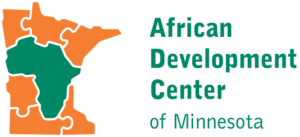
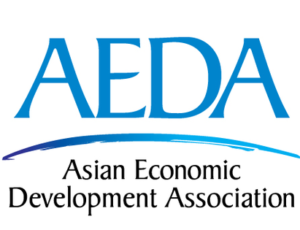

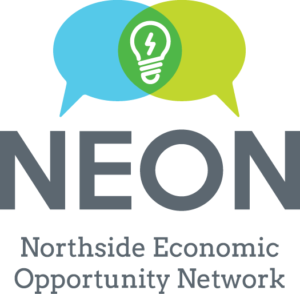
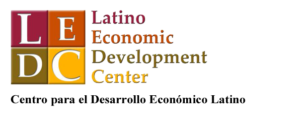
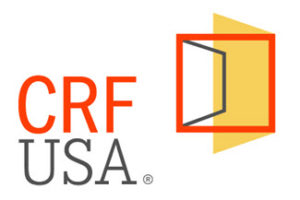

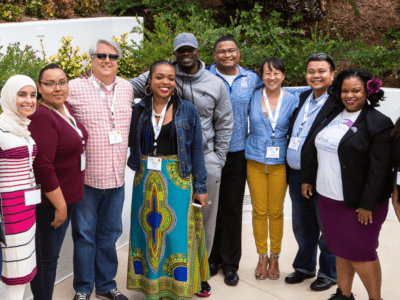


Comments